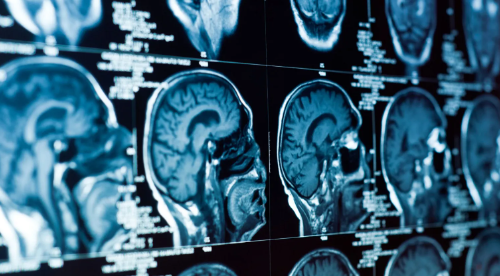It’s just over a year since OpenAI released its large language model ChatGPT for open use. Higher education, like many other sectors, was left reeling from the potentials of this new tool. Within less than a week of ChatGPT releasing to the public, the first articles appeared outlining the risk that ChatGPT could pose to assessment integrity.
This dialogue swiftly moved from decrying the risks to extolling the opportunities, with academic practitioners from multiple institutions and disciplines identifying innovative ways of deploying ChatGPT and similar generative AI tools to support different areas of academic practice. So useful and effective did these various generative AI tools appear that some academic practitioners found themselves asking the same question that many professions have found themselves asking in the face of the ever evolving capabilities and proliferation of AI: will AI replace me?
This, evidently, has not happened. Nor does it seem likely that academic professionals will find their jobs at risk through the proliferation of open artificial intelligence tools. Rather, ChatGPT and other similar tools seem to be in the process of assimilating into the broader landscape of HE practice, with users finding out that its capabilities, which once seemed so impressive, have their limitations and finitudes that are dependent on their particular user to overcome. The question remains then, if ChatGPT won’t replace academics, what will it do? What impact, if any, will generative AI have on the academic profession?


